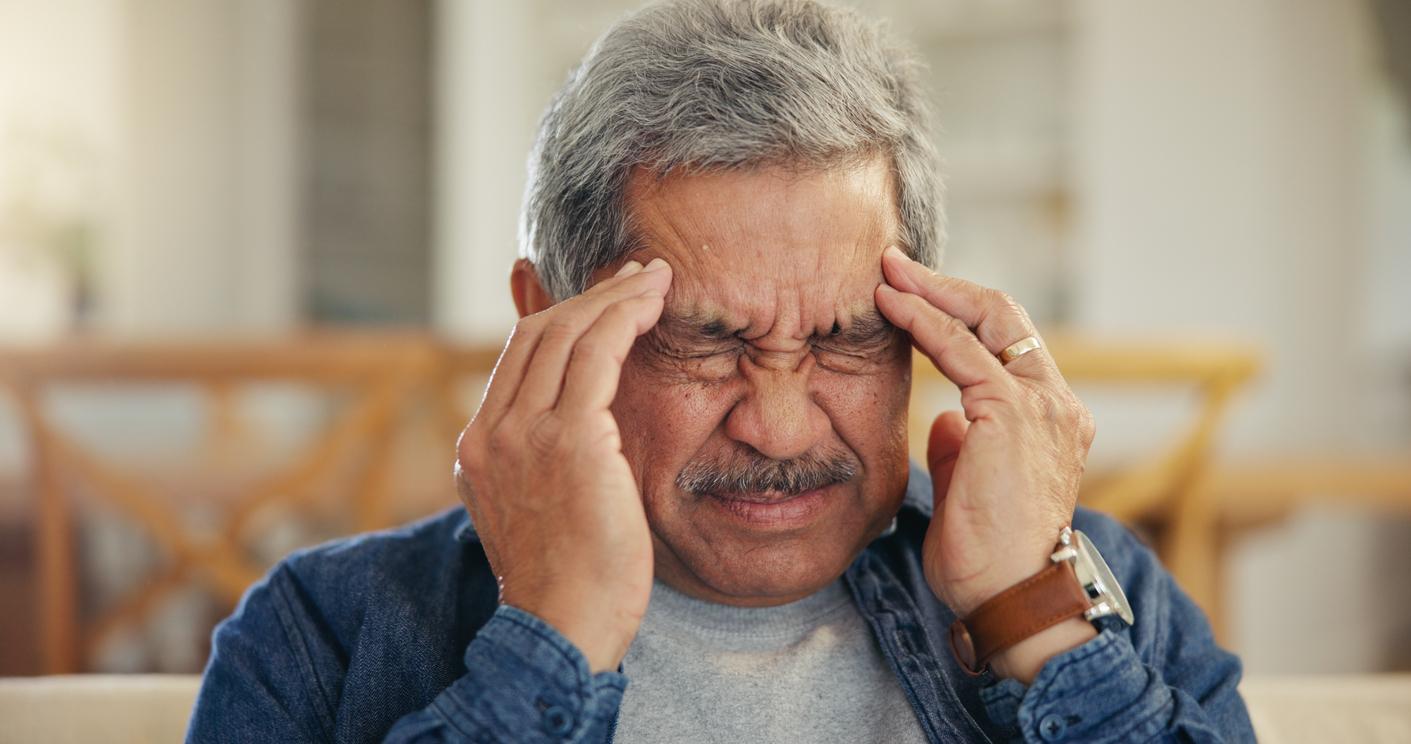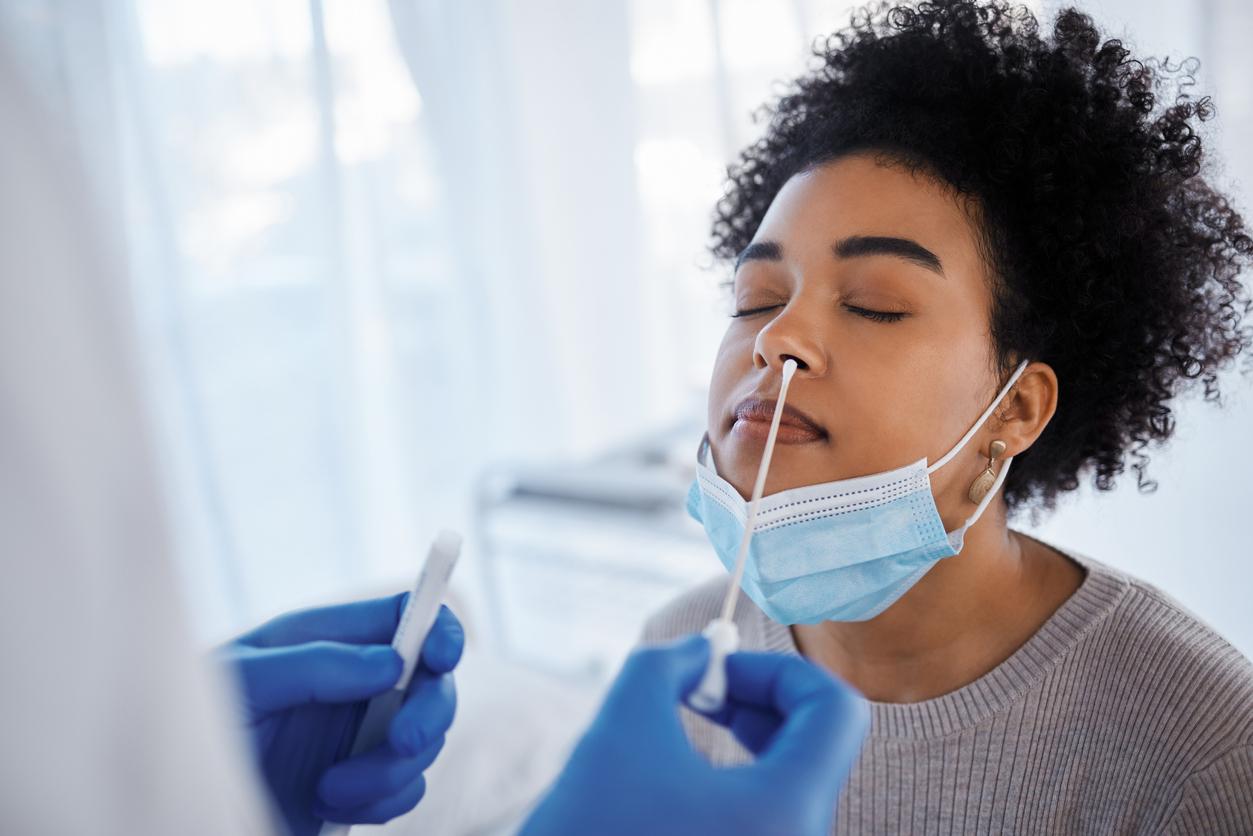Isolate yourself, prevent contact cases, notify your doctor… A study carried out among American adults shows that the vast majority of them had no plan in the event of a positive Covid-19 test result.

- The study was carried out by telephone at the start of the pandemic with 217 participants.
- The results showed that 96% of educated and healthy adults had no comprehensive plan in the early stages of the pandemic, while 62% had none at all.
Since the start of the Covid-19 pandemic, have you taken the time to inform yourself about the precautions to take in the event that your screening test turns out to be positive? Do you already know where you will spend your isolation? How to protect your loved ones? Who are the people to contact and who to keep informed of the diagnosis?
If you can’t answer these questions, know that you are not alone. According to a study conducted by the University of Houston (USA) and published in the Journal of Clinical and Experimental Neuropsychologyan overwhelming proportion of educated and healthy adults did not have a comprehensive plan at the start of the Covid-19 pandemic.
“What this suggests is that it was difficult for even very high functioning people to digest and use all the complex information that was rapidly emerging about Covid-19. They were unprepared and did not know how to proceed”explains Steven Woods, professor of psychology at the University of Hong Kong and corresponding author of the study.
Difficulty assimilating information
The work was carried out with 217 participants by telephone between April 23 and May 21, 2020, i.e. at the very beginning of the pandemic. Survey participants answered many questions, including their general health, personality and state of anxiety. They were also assessed on their skills in researching information on Covid-19, their knowledge and their adherence to health recommendations, such as wearing masks and social distancing.
The results showed that 96% of educated and healthy adults had no comprehensive plan in the early stages of the pandemic, while 62% had none at all.
For the researchers, these results are worrying. They point out that while these healthy people had difficulty assimilating information about Covid, these difficulties may be even greater in people with limited educational opportunities or suffering from neurocognitive disorders, such as Alzheimer’s disease. Alzheimer’s or brain injury, due to low health literacy and memory impairment.
“People with low neurocognitive abilities are more at risk of acquiring and using misinformation about Covid-19, which could have downstream implications for personal and public health”says Michelle A. Babicz, who co-directed the study.
Information campaigns accessible to all
To address this problem, the researchers propose a series of effective techniques for individuals to improve their ability to learn and remember health information, including spacing, which involves processing new information over time. rather than swallowing them all at once. They also suggest using flash cards to test knowledge recall.
“These findings can also help shape and target information campaigns when new public health crises inevitably emerge, adds Michelle Babicz. We suggest that these campaigns use language and concepts that are accessible to people with low levels of health literacy, perhaps through community-based participatory research approaches.”
.

















